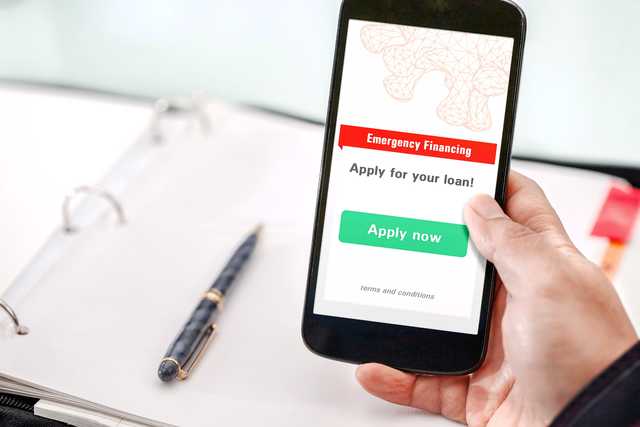More than half of loans taken through mobile phone platforms are in default in the wake of Covid-19-induced job cuts and business closures that have pushed thousands of people into a debt trap, a new survey reveals
The findings of the household survey by the Central Bank of Kenya (CBK), FSD Kenya and the Kenya National Bureau of Statistics (KNBS) show that 50.9 percent of the respondents have defaulted on mobile loans.
The mounting defaults emerged in a period digital lenders have flooded Kenya with high-interest rates that rise up to 520 percent per year.
The Covid-19 economic hardships also saw an average of 41.8 percent of borrowers default on loans tapped from friends and relatives while 40.8 percent were unable to settle goods borrowed on credit from shopkeepers.
The least default for credit borrowed outside the mainstream banking system was on advances to staff by employers at 11.3 percent, given the ease to recover the cash from monthly salaries.
Workers and businesses defaulted on loans worth billions of shillings following the imposition of stringent measures to contain the spread of the coronavirus.
“The top three credit providers where a majority of respondents reported to have defaulted on a credit facility are; mobile banking loan (including Fuliza), digital apps loan and loan from family/friend/neighbour,” the survey report said.
“Loan from employer is the best performing perhaps reflecting the check-off system – that is loan deduction at salary/wage payment time.”
Credit from saccos also recorded lower than average default at 16 percent, owing to the use of collateral and guarantors, as did credit from input suppliers or buyers of farm produce.
Bank personal or business loans recorded a default rate of 22.1 percent, according to the survey, but separate CBK data put defaults at 13.6 percent of total loans or Sh435 billion
The survey defines a loan default as including missing a scheduled repayment, paying late and not making any payment at all.Mobile banking and digital loans are issued without collateral, making them vulnerable to default by borrowers.They are also often taken as an emergency measure by cash-strapped individuals or enterprises, hence the higher risk of default.Many Kenyans now find they can get loans in minutes, with banks relying heavily on algorithms that build a financial profile of customers in the quest to minimise the risk of default.The higher non-performing digital loans had triggered the increase in the number of defaulters reported to one of Kenya’s three credit reference bureaus […]
